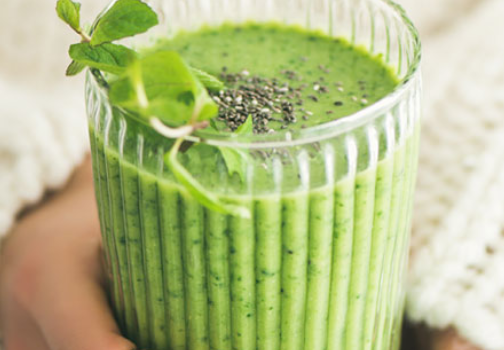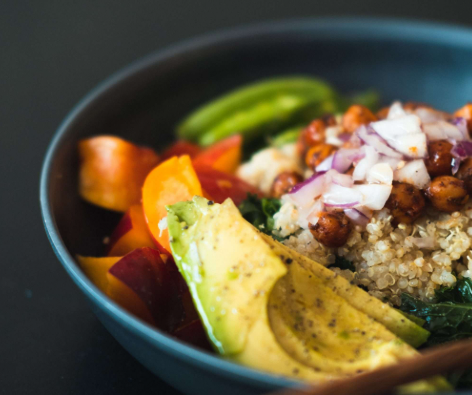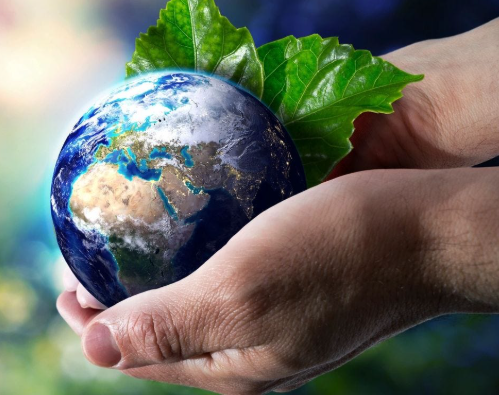
Matcha tea has gained widespread popularity due to its incredible health benefits, making it a go-to beverage for many health-conscious individuals. Unlike regular green tea, matcha is a powdered form of green tea made from the youngest leaves, which makes it a more potent drink. This article explores the unique qualities of matcha tea, its origins, preparation methods, and the top health benefits it offers.
What Is Matcha Tea?
Matcha tea is a finely ground powder made from specially grown green tea leaves. Unlike traditional green tea, where the leaves are steeped in hot water, matcha is mixed directly into the water, which allows you to consume the entire leaf and its nutrients. This method of preparation provides a more concentrated and richer flavor than standard tea, making matcha a more powerful option for those seeking a boost in their wellness routine.
The Origins of Matcha Tea
While matcha tea has become synonymous with Japanese culture, it actually originated in China centuries ago. The ancient Chinese ground tea leaves into powder and whisked them with hot water, creating the precursor to today’s matcha. Over time, the practice of preparing “beaten tea” spread to Japan, where it became a central part of Zen Buddhist meditation practices. By the 12th century, Japanese monks had embraced matcha for its calming properties, and it eventually became a cultural staple.
In Japan, the preparation of matcha became a ceremonial practice with strict rituals. Samurai warriors, in particular, adopted matcha as part of their daily routine, appreciating its spiritual significance and energizing effects. These tea ceremonies continue to be a respected tradition in Japan today.
Where Is Matcha Tea Grown?
Matcha tea is grown primarily in Japan, with regions such as Uji and Nishio producing some of the finest quality matcha in the world. The tea plants are shaded from the sun for several weeks before harvest, which increases the chlorophyll content and enhances the amino acid levels in the leaves. This unique cultivation method gives matcha its vibrant green color and rich flavor.
Once harvested, the leaves are carefully steamed, dried, and ground into a fine powder. This process preserves the tea’s nutrients, making it far more potent than regular green tea.
Different Types of Matcha
Matcha comes in two main grades: ceremonial and culinary.
- Ceremonial-grade matcha is the highest quality, made from the young buds and leaves of the tea plant. This type is used for traditional tea ceremonies and offers the smoothest, richest flavor. It’s perfect for those who enjoy matcha on its own.
- Culinary-grade matcha is slightly lower in quality and is typically used in recipes such as smoothies, desserts, and matcha-flavored foods. This grade is more affordable but has a more astringent flavor.
Caffeine Content in Matcha
Matcha contains more caffeine than traditional green tea but less than coffee. The caffeine content in matcha ranges from 25 to 70 mg per 20-ounce cup, depending on the quality and preparation. This is more than the 24 to 40 mg found in green tea but far less than the 85 to 200 mg found in coffee. The caffeine in matcha is balanced by the presence of the amino acid L-theanine, which helps to mitigate the crash that often follows caffeine consumption.
How to Prepare Matcha Tea
Making matcha tea can be a simple process, whether you’re using traditional tools or just a regular cup. Here’s a basic guide to preparing matcha:
- Traditional Preparation with a Tea Bowl and Whisk:
- Sift 1-2 teaspoons of matcha powder into a tea bowl.
- Add 20 ounces of hot water (just below boiling).
- Whisk vigorously with a bamboo whisk until the tea is frothy.
- Simplified Preparation in a Mug:
- Mix the matcha powder with a few drops of water to create a paste.
- Add 6 ounces of hot water and stir until well mixed.
- Drink and enjoy!
Health Benefits of Matcha Tea
Matcha tea offers a variety of health benefits that make it a standout in the world of beverages. Here are some of the most compelling reasons to incorporate matcha into your routine:
- Supports Liver Health
Research suggests that matcha may help protect liver cells and reduce the risk of liver disease. Studies have shown that drinking matcha tea can lower levels of liver enzymes and help prevent liver damage. - Boosts Cognitive Function
The compounds in matcha have been shown to improve cognitive performance, including memory, reaction time, and focus. The L-theanine in matcha works with caffeine to provide a steady, sustained energy boost without the crash that often accompanies coffee. - Assists with Weight Loss
Matcha has been linked to increased fat burning and improved metabolism. Studies indicate that drinking matcha can boost energy expenditure and enhance fat oxidation, particularly during exercise. This makes it a great addition to any weight-loss regimen. - Improves Heart Health
Regular consumption of matcha may help reduce the risk of heart disease. It has been shown to lower LDL cholesterol levels and prevent the oxidation of cholesterol, both of which are key factors in the development of atherosclerosis and heart disease. - Rich in Antioxidants
Matcha is loaded with antioxidants, which help protect the body from oxidative stress and free radical damage. It is said to contain up to 137 times more antioxidants than regular green tea, which makes it a powerful tool in fighting the effects of aging and promoting overall health. - May Help Prevent Cancer
Some studies suggest that the antioxidants in matcha, particularly EGCG (epigallocatechin gallate), may help reduce the risk of cancer. EGCG has been shown to inhibit the growth of cancer cells in animal studies and could potentially play a role in cancer prevention in humans.
Conclusion
Matcha tea is more than just a trendy beverage; it’s a powerhouse of health benefits. From improving heart health and supporting liver function to boosting cognitive performance and aiding weight loss, matcha is a versatile drink that can enhance your overall well-being. Whether you enjoy it for its unique flavor or for its health-promoting properties, adding matcha to your daily routine can be a simple yet effective way to take care of your body.










